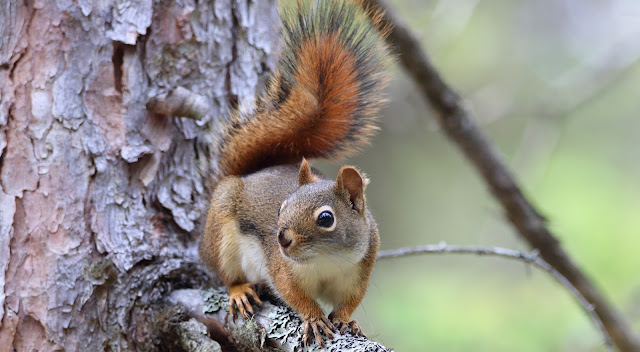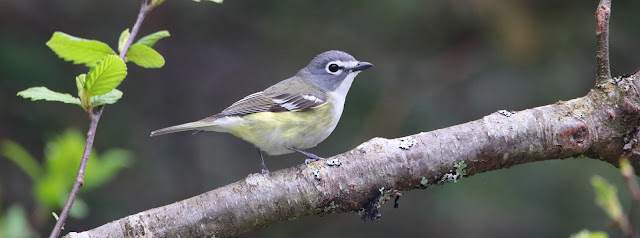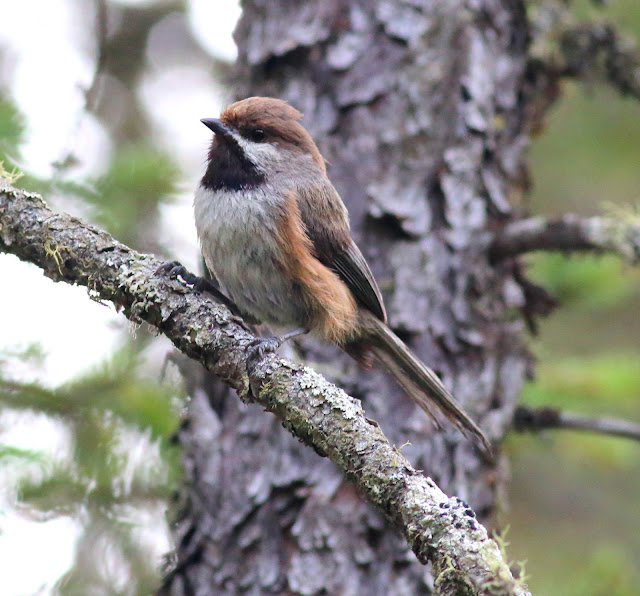Hiking Out
of Heart Lake, Adirondack Park, 2-10 July 2024
After an
illness and six weeks of difficult editing work on my current writing project,
I was able to take a break from the office in early July.
Downtown Middlebury, Vermont
First, I picked up my daughter, Cary, in New Jersey, and drove her to Middlebury, Vermont, where she was returning to the language school there to start a second summer of graduate work in Russian studies. Middlebury is stunning this time of year and we got good weather for my drop-off. Swift House, Middlebury, VermontAfter plenty
of time walking about the town followed by a pleasant night at the Swift House
Inn, I said my farewells to Cary and drove west to the Crown Point bridge
across Lake Champlain and before lunchtime I was in the Adirondacks.
The vista
looking south from the top of the Heart Lake Road is superb, featuring the High
Peaks and Indian Pass. The sunny fields of North Elba were full of butterflies.
I set up
my tent and rain tarp in a state primitive campsite (SM15) at the terminus of South
Meadows Road just north of Heart Lake. There are 18 campsites along the road (these
are free and first-come, first-serve sites).
My camp at
South Meadows was simply a small clearing in the conifer woods, with no amenities.
Luckily there was a privy in the woods across the road from me. Given this was
the week of the 4th of July, I expected crowds here, but only about
half the campsites were taken. I, myself, was camped here because I had been unable to reserve a campsite on the Adirondack
Loj campus until the 6th—so it would be three nights at South
Meadows followed by five nights camped at Heart Lake/Adirondack Loj.
I had eight
glorious days in the Adirondacks. My plan was to walk, hike, and climb—trying
out all the trails radiating from these two campsites. My objective was to
spend 5-8 hours a day on the trail, giving my legs the full workout.
4th
of July was gorgeous and rain free. I biked to Heart Lake and then hiked to
Marcy Dam, then up the Van Hoevenberg
Trail to the turn-off to Phelps Mountain and the ascent to the rocky summit of
this member of the “Adirondack 46.” The vista of the High Peaks from Phelps is fabulous,
especially if the weather is cooperating.
I was bushed
by the time I got back to my camp at South Meadows. I was surprised how few
biting insects showed themselves. A few deer flies, but not many mosquitoes or
black flies. I recall in earlier decades that early July was a time of swarming
biting insects.
The 5th
of July I biked back to Heart Lake and hiked Wright Peak, another good test of
my legs. Wright is the most accessible summit in the McIntyre Range, a bit
lower than Algonquin, which was the target of most climbers that day. I was
happy to keep my efforts to Wright, which offered plenty of challenge to my
72-year-old legs.
The 6th
of July I slept in a bit because it had rained heavily through much of the
night and pre-dawn hours. Mid-morning I hiked Mount Van Hoevenberg, which
offers a lovely forest walk and then an easy ascent. The view from the
south-facing cliffs is nearly as beautiful as that from Phelps. In the PM I
broke camp at South Meadows and checked in at the Loj for my “wilderness
campsite” #27.
On the 7th
of July I started with a hot breakfast at the Loj, which was fortifying, and
then I climbed Nye Peak, just a bit west of Heart Lake. This is one of the “trailless
peaks” but the herd path is so well-traveled there was little challenge except
for a couple of stream crossings. Up in the
spruce-fir zone I had nice encounters with Bicknell’s Thrush, Boreal Chickadee,
and Blackpoll Warbler—three of the Adirondacks’ North Country specialities.
On the 8th
of July I hiked up into Indian Pass, a splendid walk that gains a lot of
elevation but offers no real climbing challenge (happily). Bird highlights of
this walk were a Black-throated Green Warbler male in the sunlight on the
ground and Boreal Chickadee making another close approach. Also three ancient
forest giants – a gigantic Eastern White Pine (5 foot diameter), a massive
Yellow Birch (3 foot diameter), and a hefty Red Spruce (2 foot diameter). These
are the three core timber trees of the Adirondacks. I spent a lot of time
tree-watching on my various walks. The Adirondack Park is home to a surprising
amount of uncut old growth forest.
On the 9th
of July I met up with Sandy Robinson, a friend from my home neighborhood of
Brookmont in Bethesda, and we climbed Mount Jo, which is a sweet ascent right
behind the Adirondack Loj. It offers great vistas of Mount Marcy and Algonquin.
In the PM I did the trail loop around Heart Lake, then out the Old Marcy Dam
Trail to the Fanghorn Trail, then out to Marcy Dam and back to camp.
10 July. I
climbed Mount Jo once more, just because it is such a pleasant climb and is so
near. In the PM I did the Heart Lake loop and then out the main trail once more
to Marcy Dam. The remnants of Beryl arrived in the late afternoon and continued
on and off in torrents through the night, ending at daylight of the 11th.
At dawn of
the 11th I packed up and headed south back into the heat of summer,
having refreshed myself with a dose of very high quality forest walking in the
North Country. I recommend Heart Lake and the Adirondack Loj to all who love the
forest and the mountains of the East.

















Wonderful post!
ReplyDeleteColorado goose hunting guides
Selling USA/UK/CANADA LEADS-FULLZ-DATABASE
ReplyDeleteHuge discounts on bulk order
Replacement for bad and invalid info
Payment in any Crypto
Success Ratio 80-90%
Service 24/7
------------------------------------------------------
Offering USA-UK-CANADA STUFF
SSN SIN DOB Address Phone Email
SSN DOB DL Address Employment Bank Info & Routing number
UK NIN DOB DL Address Sort Code
SIN DOB Address MMN Phone Email
Real DL Scan Front back with selfie & SSN
PASSPORT PHOTOS
YOUNG AND OLD AGE FULLZ
EIN FULLZ
BUSINESS OWNER LEADS
PAYDAY & PERSONAL LOAN LEADS
FIRST HIT SWEEPSTAKES
CASINO LEADS
HOME OWNERS LEADS
EMPLOYEE LEADS
USA BANK LEADS
EMAIL, COMBOS & PHONE NUMBER LEADS
CRYPTO & FOREX LEADS
STOCK MARKET LEADS
CARS DATA BASE WITH REGISTRATION NUMBER
LOAN & CARDING METHODS
...AND MANY OTHER STUFF ON DEMAND
-------------------------------------------------------
Contact us 24/7:
Tele gr@m - @Lead_pro20
Whats App - (+1).. 605… 8461.. 870…
Email - datatrader3 at g mail dot com